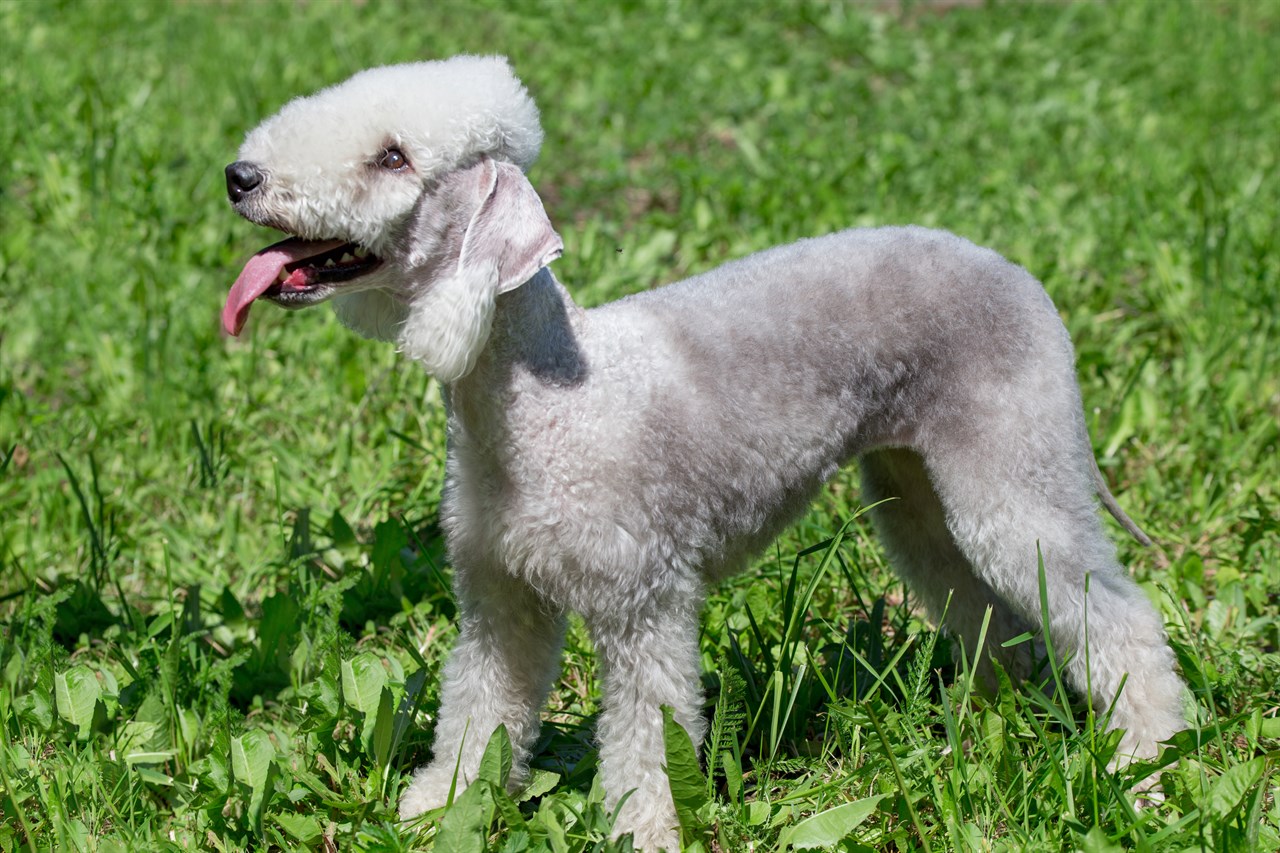Feeding Habits and Food Requirements of Bedlington Terriers

Proper nutrition is essential for the health and well-being of Bedlington Terriers. As with any dog breed, their feeding habits and food requirements play a crucial role in their overall health. Let's explore the dietary needs and considerations for Bedlington Terriers.
Feeding Habits
Bedlington Terriers are known for their small to medium size and relatively low energy levels compared to some other terrier breeds. Their feeding habits can vary depending on their age, activity level, and individual metabolism. Here are some general guidelines for feeding Bedlington Terriers:
- Puppy Feeding: Bedlington Terrier puppies should be fed a high-quality puppy food designed for small breeds. Puppies require more frequent feeding, typically three to four meals a day, until they are around six months old.
- Adult Feeding: Once they reach adulthood (around 12-18 months), Bedlington Terriers can transition to adult dog food. Most adults do well with two meals a day, but some may prefer smaller, more frequent meals.
- Portion Control: Be mindful of portion sizes to prevent overfeeding, as Bedlington Terriers can be prone to obesity. Consult your veterinarian for guidance on the appropriate portion size based on your dog's age, weight, and activity level.
- Senior Feeding: As they age, Bedlington Terriers may benefit from senior dog food formulations that address their changing nutritional needs. Consult your vet to determine when to make this transition.
Special Dietary Considerations: Some Bedlington Terriers may have food allergies or sensitivities. If your dog experiences digestive issues, skin problems, or other health concerns related to their diet, consult your veterinarian. They may recommend a hypoallergenic or special diet.
Food Requirements
Bedlington Terriers require a balanced and nutritious diet to support their overall health. When selecting a dog food for your Bedlington Terrier, consider the following:
- Protein: Look for dog foods with high-quality animal-based proteins, such as chicken, turkey, or lamb. Protein is essential for muscle development and maintenance.
- Fat: Adequate fat content provides essential fatty acids and energy. Look for foods with moderate fat levels, as Bedlington Terriers are prone to weight gain.
- Carbohydrates: Whole grains like brown rice or oatmeal can provide a source of complex carbohydrates for energy.
- Fruits and Vegetables: Many dog foods include fruits and vegetables for added vitamins, minerals, and antioxidants.
- Avoid Fillers: Choose dog foods that do not contain excessive fillers, artificial additives, or preservatives.
Meal Schedule
Establishing a regular feeding schedule can help regulate your Bedlington Terrier's appetite and prevent overeating. Feeding at consistent times each day can also help with housebreaking and digestive regularity. Most adult Bedlington Terriers do well with two meals a day, while puppies may require more frequent feedings.
Hydration
Ensure that your Bedlington Terrier has access to clean, fresh water at all times. Proper hydration is essential for overall health, digestion, and temperature regulation.
Best Diet for a Bedlington Terrier
The best diet for a Bedlington Terrier should consist of high-quality commercial dog food formulated for small or medium-sized breeds. Look for options that provide balanced nutrition with appropriate protein, fat, and carbohydrate levels. Additionally, consider your dog's age, activity level, and any specific dietary needs or allergies when selecting a diet.
Always consult with your veterinarian to determine the most suitable food and feeding plan for your individual Bedlington Terrier. Your vet can provide tailored recommendations based on your dog's unique requirements and help you maintain their optimal health through proper nutrition.
Bedlington Terrier puppies for sale
- Find Bedlington Terrier puppies for sale in ACT
- Find Bedlington Terrier puppies for sale in NSW
- Find Bedlington Terrier puppies for sale in NT
- Find Bedlington Terrier puppies for sale in QLD
- Find Bedlington Terrier puppies for sale in SA
- Find Bedlington Terrier puppies for sale in TAS
- Find Bedlington Terrier puppies for sale in VIC
- Find Bedlington Terrier puppies for sale in WA